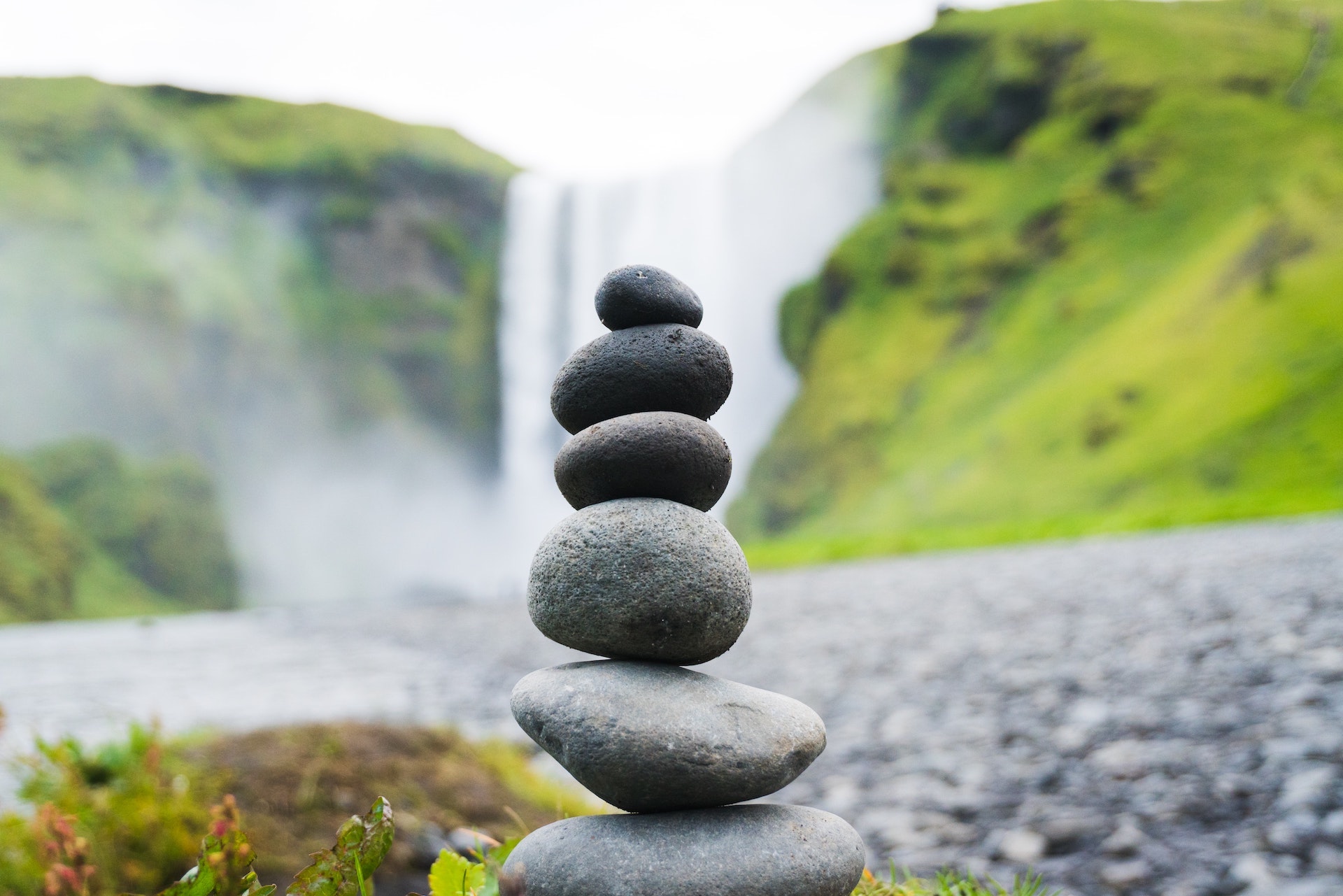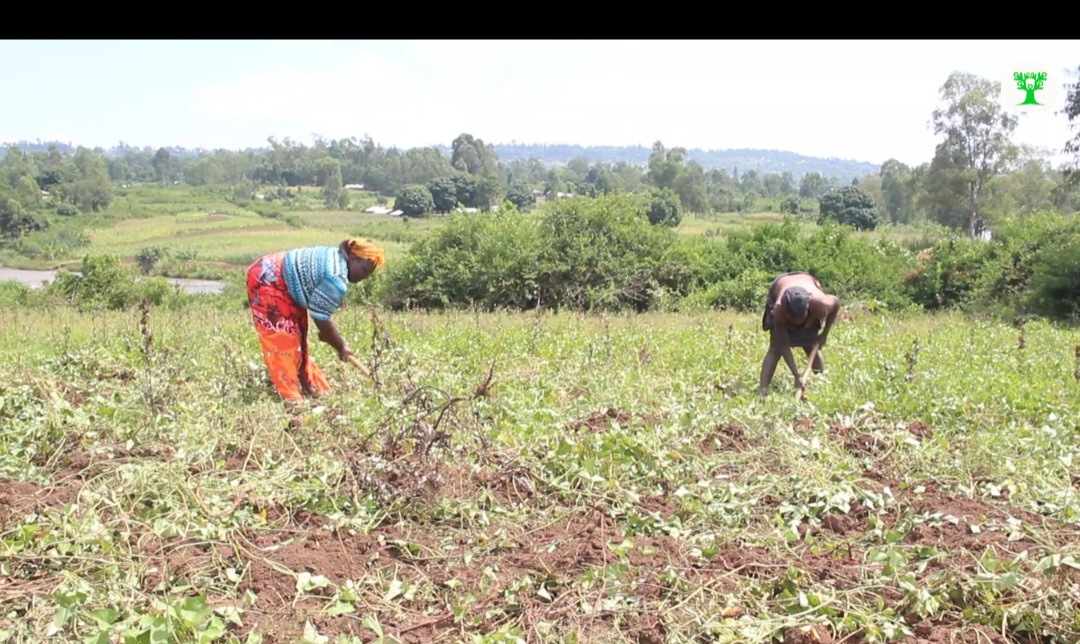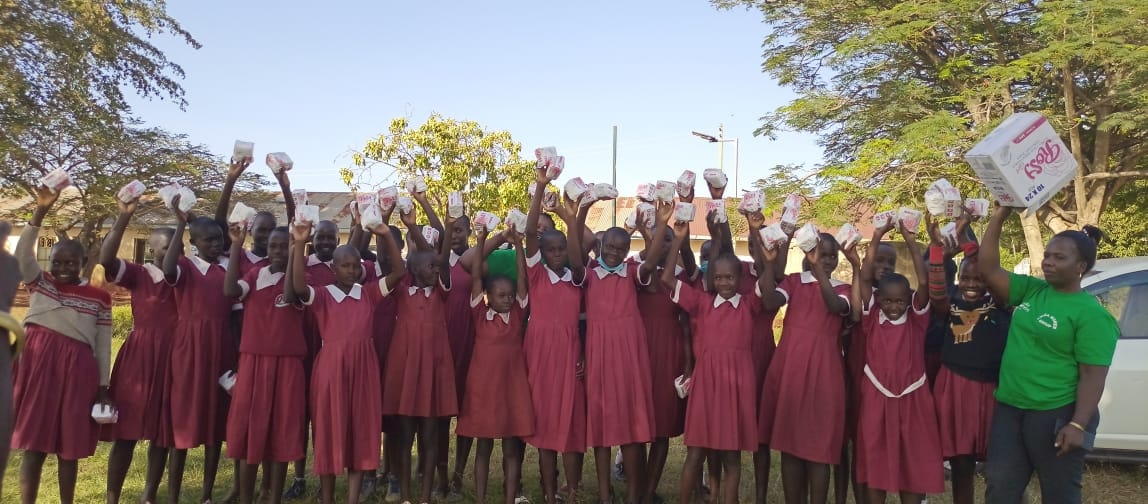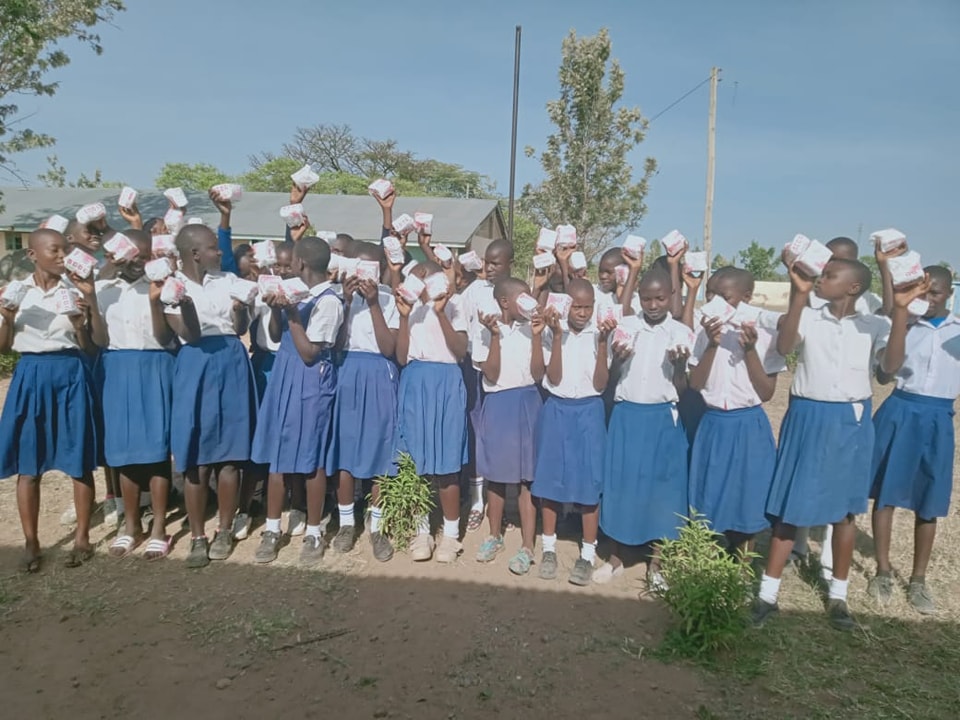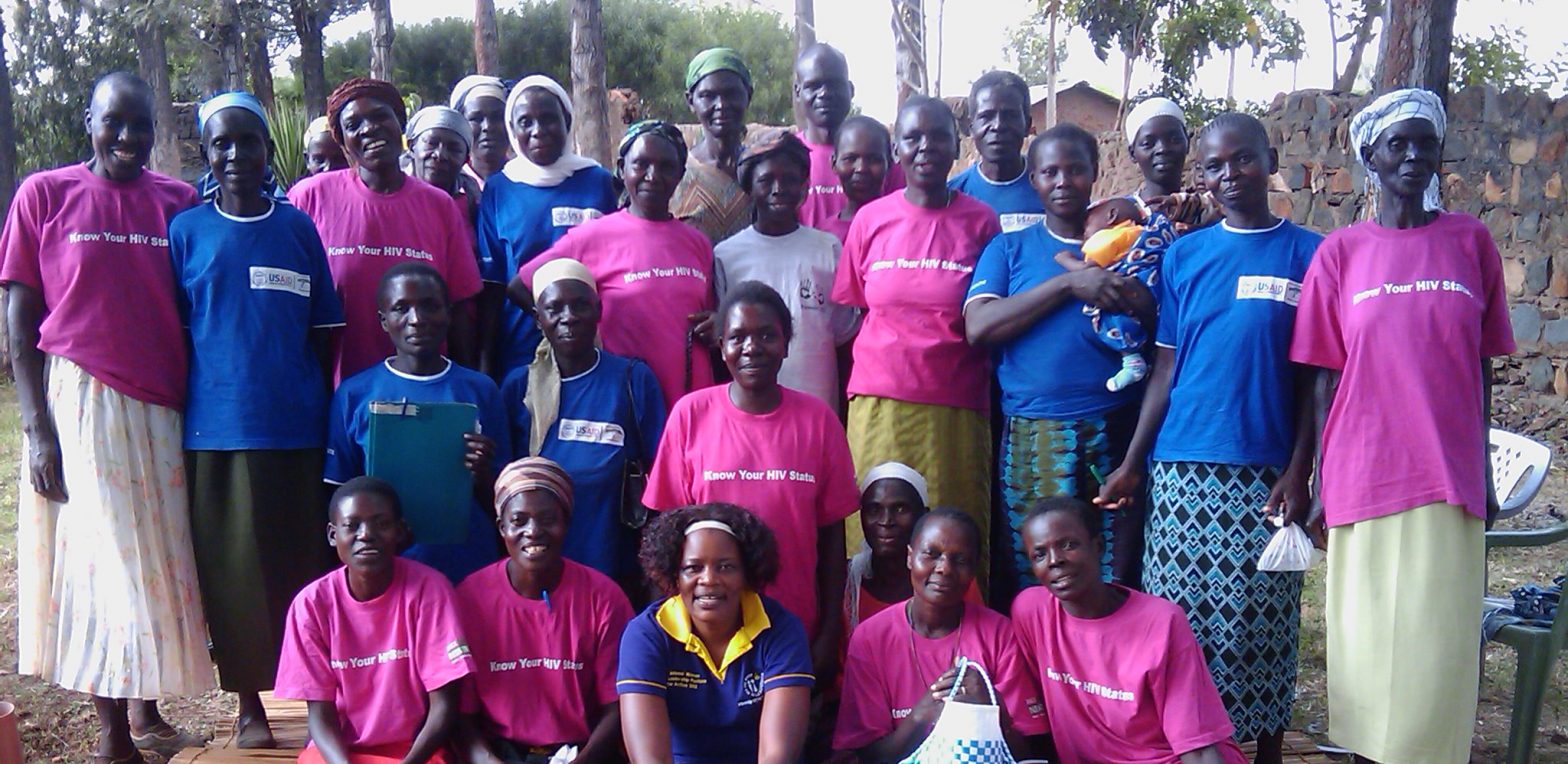In our time we are hearing ever more voices emphasising climate justice among those in
pursuit of a climate friendly world. How we, as individuals, workers, and societies, can slow
and reverse the issue is a mainstay in conversation among those actively campaigning on
green issues, but has only recently begun to expand beyond this social sphere.
To understand how climate justice can be applied, it is important that we recognise how
climate injustice developed, how it can be prevented in the future, and what is already
being done to safeguard the communities and societies most at risk in our climate crisis.
Industrialisation is a goal to which many countries aspire, as a means of developing their
economy, reducing poverty, and as a badge of success for a nation to show to the world. A
challenge can be found in enabling and encouraging societies to become successful, and to
be comfortable places for their citizens to live, while at the same time preventing climate
and general inequalities, both within their borders and in the wider world.
As a long-developed country, the UK can play a major part in sustainable development,
because much of the demand for output from developing countries originates here, and in
other similar economies.
The UK’s desire for these goods, comes in two parts, one being industrial demand, and the
other being consumer desires. As individuals, we can therefore make a difference in two
main ways, the first being to encourage government and industry to improve their practices,
source high quality raw materials and basic assemblages, and to ensure they trace the
practices of third parties with whom they have close business relationships.
The second thing we can do is to consider not just the obvious environmental damages that
we may do, but how new changes and progress we may make in our lives could also impact
climate justice. For example, a seemingly positive change such as driving a battery powered
car, may create new global challenges, such as improper lithium, cobalt, and other metal
mining, or high power usage among battery and vehicle manufacturers.
Watch this space for more posts on how what we do can make a difference in the world of
climate justice, and how individual and societal change can have as few negative effects as
possible. Preventing climate change is important, but we must not forget climate justice
along the way.
Written by Anthony Rowett.
